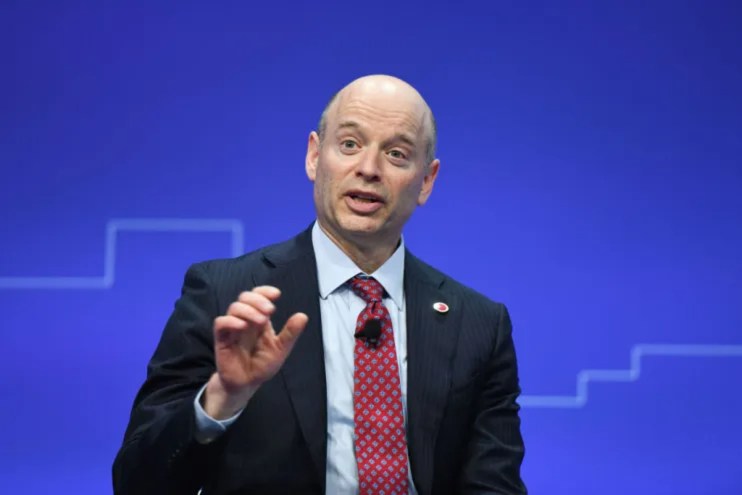London Stock Exchange Group boss set for payday despite take-private boom

London Stock Exchange Group boss David Schwimmer will see his pay more than double to £13.2m this year after the firm saw off potential rebellion from investors at its annual general meeting today.
At the bourse-owner’s annual meeting in London today, some 89 per cent of investors backed a pay rise for the American chief after a major revolt from shareholders failed to materialise.
LSEG will now more than double Schwimmer’s total paypacket to £13.2m from £6.3m, after a bumper period of expansion into market infrastructure and data services firm under his leadership. The pay hike will place him among the FTSE 100’s highest earning executives.
In its latest annual report, the board said that changes to its remuneration policy would “enable LSEG to secure the calibre of talent and new skill sets required for LSEG’s continued transformation in a highly competitive global market”.
However, the move faced resistance from proxy advisor Glass Lewis which urged investors to vote against the plans at the meeting today.
The resistance from Glass Lewis underscores a split mood in the City between proxy groups and some Square Mile grandees, who have sounded the alarm over the flow of talent away from London to New York.
Typically bosses in the US fetch more than three times more in total pay. FTSE 100 chiefs made an average of £4.4m in 2022, up 16 per cent on the previous year, according to the thinktank, the High Pay Centre.
However, bosses at S&P 500 US companies are paid an average of $16.7m (£13.1m), according to the US trade unions federation AFL-CIO, reported by the Guardian.
LSEG has been seen as a central player in the battle for bigger paypackets after London Stock Exchange boss Julia Hoggett said the City was failing to attract top talent due to smaller salaries.
In a blog post last year, Hoggett warned that the UK’s ability to attract the best executives was “hampered by the advice and analysis of the proxy agencies and some asset managers voting against executive pay policies”.
Pushback against Schwimmer’s paypacket follows a similar rebellion against a payrise for Astrazeneca boss Pascal Soriot, the FTSE 100’s highest paid executive, earlier this month.
After 35 per cent of shareholder resisted Soriot’s pay rise, the firm’s chair said proxy advisers urging shareholders to reject payouts were doing “serious harm” to the UK.